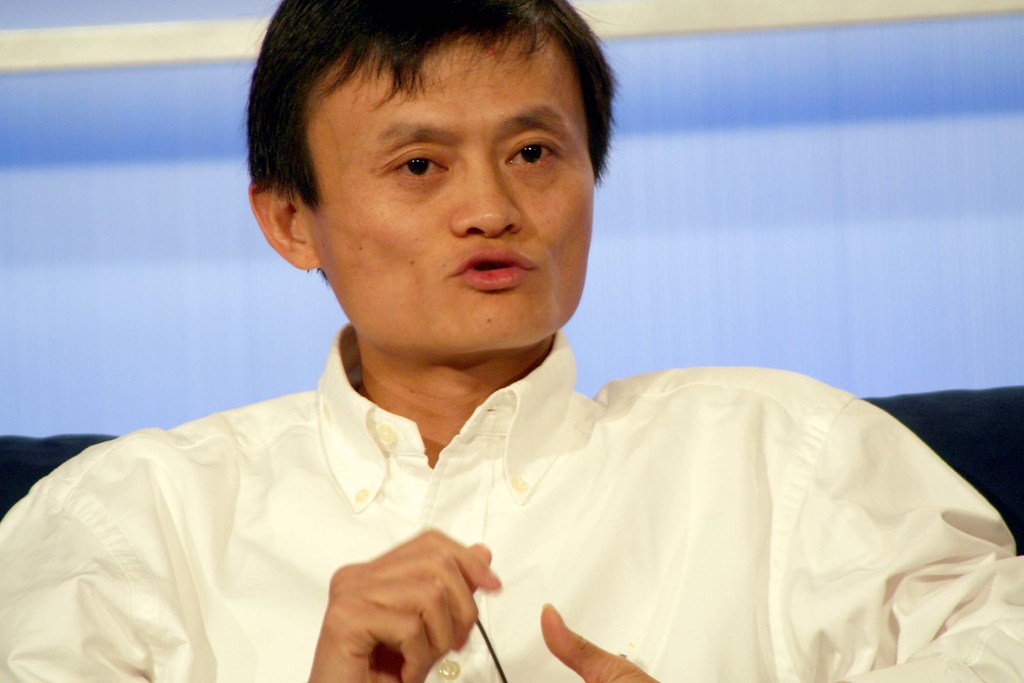Jack Ma, the influential co-founder of Chinese e-commerce behemoth Alibaba, has recently re-emerged into public life with a notable shift in focus, taking on his first teaching assignment as a visiting professor at the University of Tokyo. This development marks a significant turn for the high-profile entrepreneur who largely retreated from public view in 2020 following a notable regulatory crackdown by Beijing.
On the evening of June 12, Professor Ma conducted a special two-hour seminar for students at Tokyo College, an integral part of the University of Tokyo. The seminar, held jointly with the Global Leadership Program (GLP) promotion office, was centered on critical themes of “management philosophy and how the younger generation can achieve success in the future.
Participants in this insightful session hailed from a diverse international cohort, including students from Japan, China, India, and Malaysia, among other nations. The University of Tokyo emphasized that Professor Ma’s lecture was “based on his rich experience and pioneering knowledge of entrepreneurship and innovation,” offering attendees a unique and valuable learning opportunity.
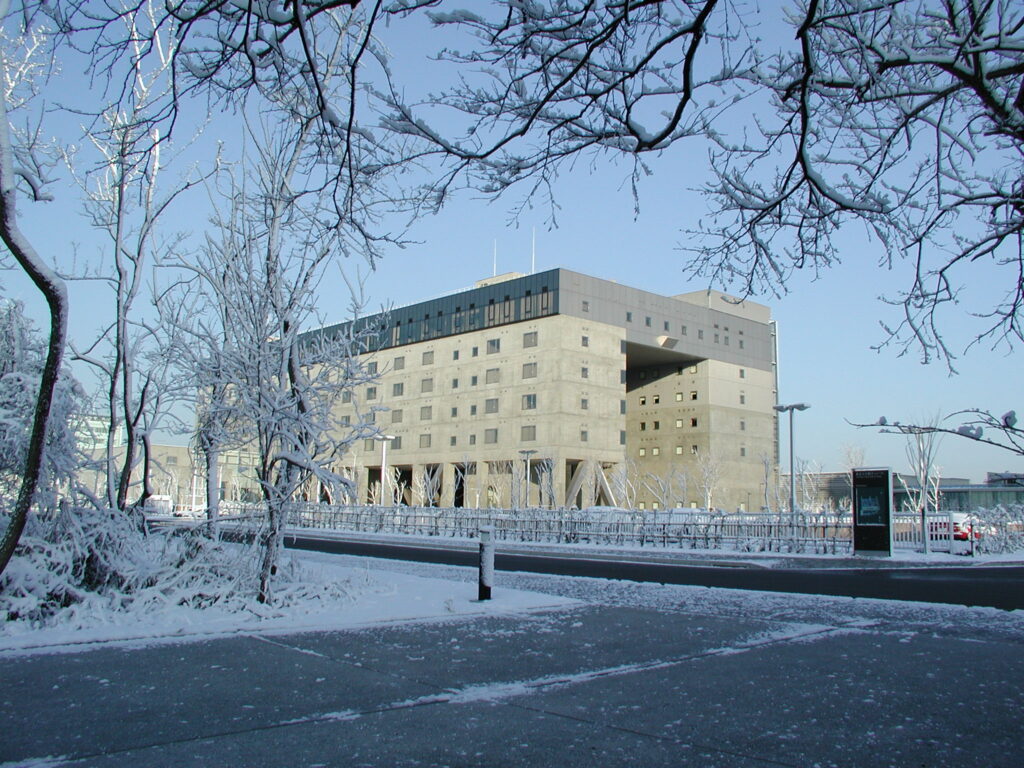
Notably, the university opted against a prior public announcement regarding Ma’s lecture. This decision, as a spokesperson clarified to the Japan Times, was made at the entrepreneur’s specific request, prioritizing “ensuring a calm learning environment for students” during the seminar.
Ma’s appointment as a visiting professor at the University of Tokyo officially commenced on May 1, with his initial tenure scheduled to conclude on October 31. This role signifies a more visible engagement in academia, building on his pre-entrepreneurial background as an English teacher.
Before his recent academic endeavors, Jack Ma was widely recognized as a flamboyant and outspoken figure in the global business landscape. His outspoken nature, however, led to a critical juncture in late 2020 when he publicly criticized Chinese regulators during a speech in Shanghai.
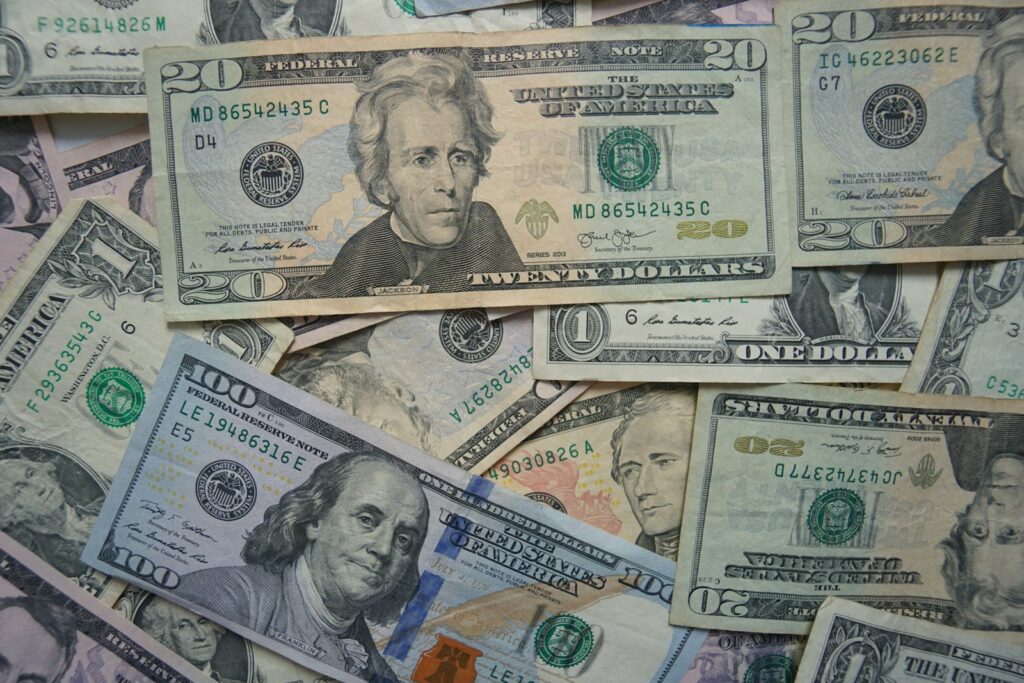
This critique quickly escalated into significant repercussions. Days following his speech, Beijing abruptly halted the anticipated initial public offering (IPO) of Ant Group, Alibaba’s fintech affiliate. This IPO was projected to be the largest stock offering in world history, making its cancellation a powerful statement.
The intervention by Chinese authorities signaled the commencement of an unprecedented regulatory crackdown on China’s burgeoning internet industry and broader private sector. Alibaba Group, the e-commerce giant co-founded by Ma, subsequently faced a record fine of $2.8 billion for violating antitrust regulations, underscoring the severity of the government’s actions.
In the aftermath of these events, Ma maintained a remarkably low profile, largely disappearing from public scrutiny. He reportedly spent extended periods overseas, with confirmed sightings in various international locations, including Hong Kong, Spain, and Japan, where his close friend and Alibaba investor, SoftBank CEO Masa Son, resides.
His prolonged absence from the public eye generated considerable interest and speculation, as Ma had come to symbolize China’s entrepreneurial confidence. Rumors circulated regarding his whereabouts, some even questioning his well-being, until he began making sporadic appearances, including a video released by Chinese state media in early 2021.
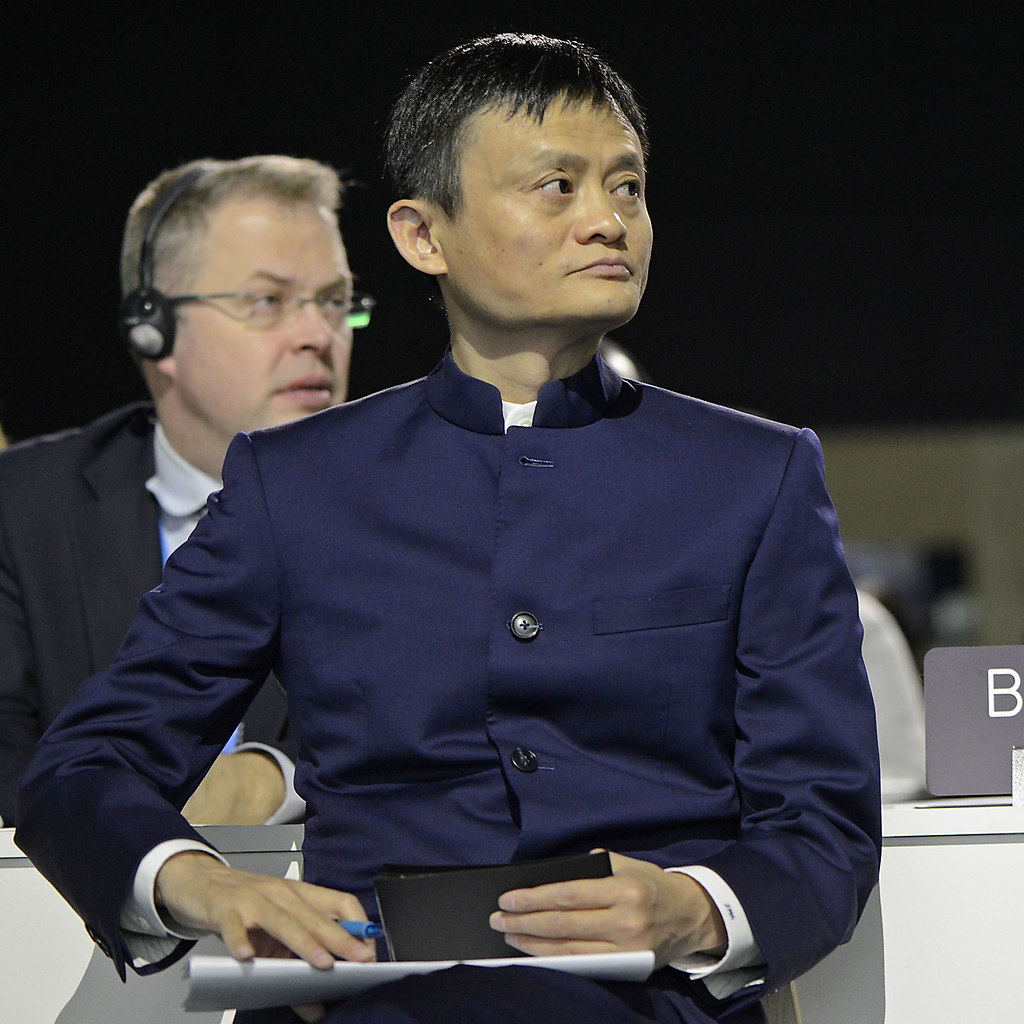
This year has seen a more frequent return of Ma to public view, characterized by a discernible shift towards research and teaching roles. In a symbolic move in March, he returned to mainland China to publicly support Alibaba’s landmark restructuring plan, which involves segmenting the company into six distinct business units.
Analysts interpreted Ma’s return to mainland China and public endorsement of the restructuring as a strategic “planned media event” orchestrated by Beijing. This move was widely seen as an attempt to alleviate growing anxieties within the private sector and to signal a more supportive stance towards entrepreneurs.
Beyond his new professorship in Tokyo, Ma’s commitment to academia extends to Hong Kong. In April, the University of Hong Kong announced his appointment as an honorary professor at its business school, a position he is set to hold for the next three years.
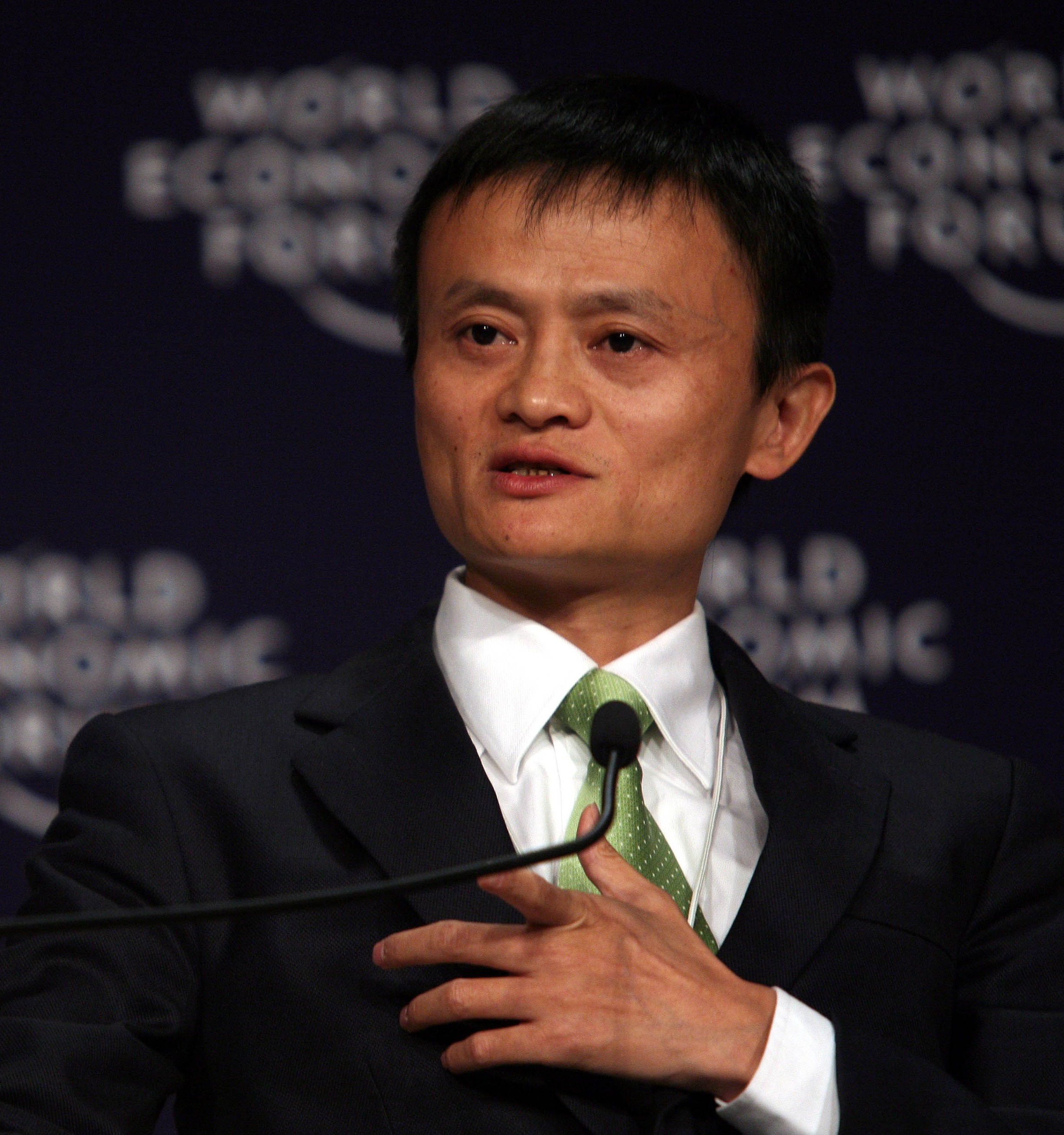
In this honorary capacity, Ma is expected to concentrate his efforts on conducting extensive research in specialized fields, including finance, agriculture, and entrepreneurial innovations. This multi-faceted academic engagement underscores his evolving professional trajectory.
His role at Tokyo College, which he will maintain until the end of October, also includes an announced focus on teaching sustainable agriculture and food production. This academic path represents a significant divergence from his previous identity as a technology and e-commerce titan.
Following his inaugural seminar in Tokyo, Professor Ma returned to mainland China, further cementing his renewed engagement within the country. On the subsequent Saturday, he attended a mathematics event organized by Alibaba’s Damo Academy in Hangzhou.
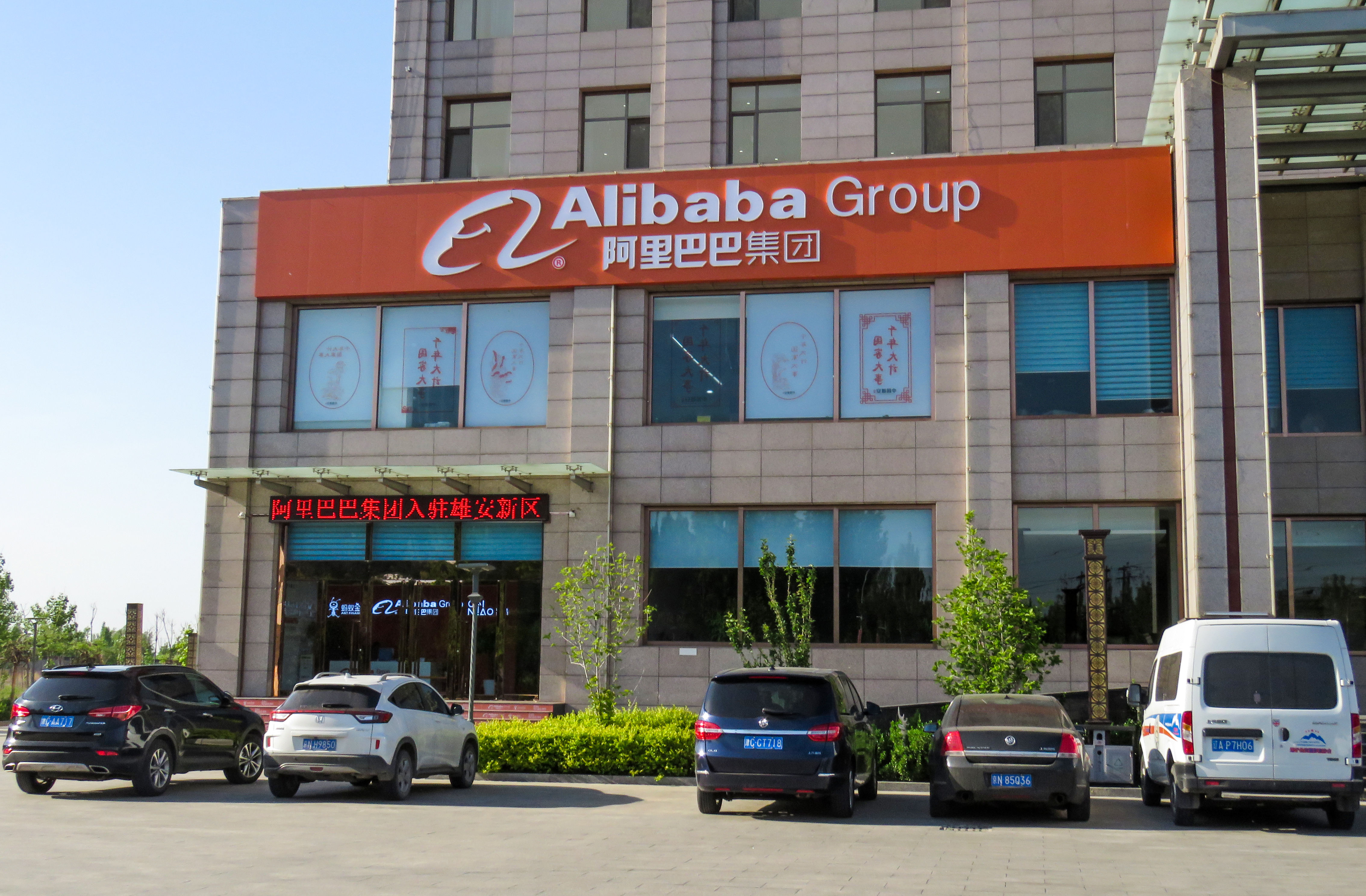
During this event, Ma engaged with the finalists of the Alibaba Global Mathematics Competition, an initiative he originally launched in 2018. Discussions revolved around how the competition could “continue to innovate and bring new fun” to individuals passionate about mathematics, showcasing his enduring interest in education and innovation.
Ma’s more frequent public appearances and renewed focus on the academic and research sectors coincide with a critical period for China’s economy. Recent data indicates a loss of momentum in the country’s economic recovery, with retail sales and industrial production figures falling short of forecasts.
Furthermore, the unemployment rate among young people, aged 16 to 24, has reached a new record high of 20.8%. In this challenging economic climate, Beijing’s leadership, including President Xi Jinping and Premier Li Qiang, has actively sought to reassure investors and entrepreneurs of the safety and viability of investing in China once more.
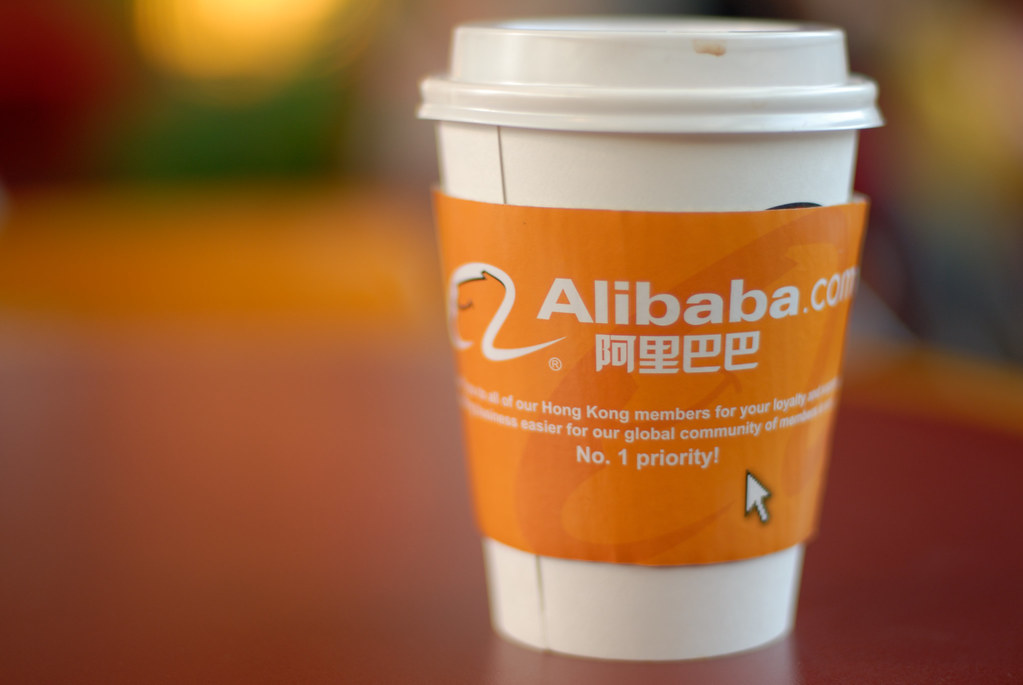
They have also initiated efforts to extend a welcoming gesture to foreign businesses, aiming to revitalize economic growth and job creation. Ma’s re-emergence, particularly in roles that underscore intellectual contribution rather than direct business leadership, can be viewed within this broader context of state-led efforts to rebuild confidence.
This shift for Ma, who once famously failed his college entrance exam twice and faced numerous job rejections before establishing Alibaba in 1999, is profoundly symbolic. Having stepped down as Alibaba chairman in 2019, his current endeavors signal a complete pivot away from the operational leadership of his vast business empire.
His current path demonstrates a commitment to intellectual pursuits and mentorship, a significant transformation from the entrepreneur whose critical remarks about China’s financial system and its “pawnshop mentality” ignited a seismic regulatory shift. This new chapter as a teacher and researcher signifies not just a personal evolution for Ma but potentially a subtle recalibration in the relationship between China’s once-unbridled private sector and its governing authorities.
Jack Ma’s decision to embrace a full-time academic role, teaching and researching, underscores a profound personal evolution that moves him further from the direct oversight of his business ventures. It marks a compelling conclusion to a period of intense public scrutiny, re-establishing his influence not through commercial might, but through intellectual leadership and a renewed dedication to education, shaping the minds of the next generation rather than merely influencing markets. This transition presents an intriguing new trajectory for one of China’s most iconic figures, offering a fresh perspective on his enduring legacy.

